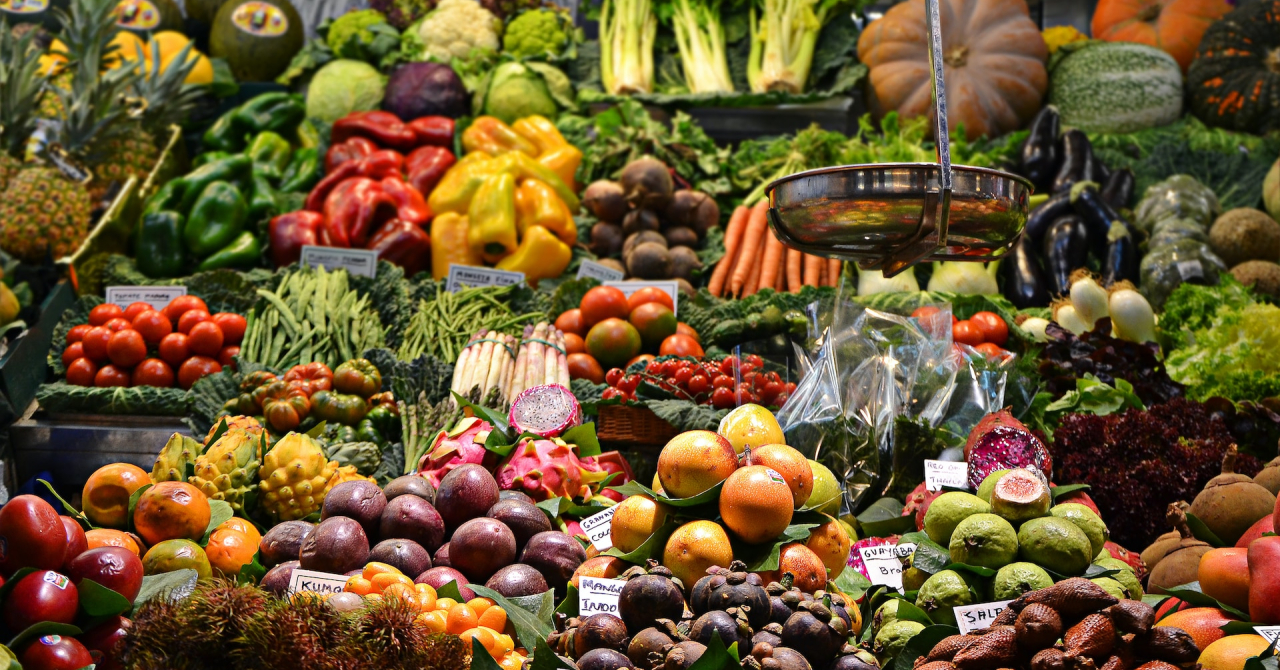Euronews.green reports that the world's food system accounts for one third of all our greenhouse gas emissions, while food production also uses 70% of our water resources, as well. Still, experts at the World Food Programme say that a third of the food we grow every year is lost or wasted in a way.
There are other researchers around the world who claim that, despite all the abundant food that some of us have access to, around 258 million people on Earth faced a high risk of food insecurity in 2022.
Some believe that the change must start at the bottom, which is why "there's growing awareness of the benefits of regenerative and agroecological farming and of the need to question the amount of meat and dairy that we're producing - and the way that it's being brought to us", said Philip Lymbery, CEO of Compassion in World Farming.
Reducing food waste is the critical measure
Unfortunately, wasting food is perhaps the biggest issue of them all. Thus, we currently have enough food to feed even the projected population of nearly 10 billion people, which we may reach by 2050.
This means that the food that's currently being waste globally can be used to satisfy the needs of two more billion people.
58% of the food wasted on farms comes from Europe, North America, China, Japan and Korea, despite these countries and regions being home to just 37% of the world's population.
Furthermore, in the EU, each person wastes an annual average of 173 kilograms, with food waste accounting for 6% of the bloc's emissions. EU officials want to tackle this issue, by reducing food waste in shops, restaurants and households by 30% per capita before the end of 2030, with an extra 10% being cut from food production.
The revolution of sustainable farming
The farming system needs to change, as well, as stated above, and it's not only companies who must act and who take action, in general. Authorities around the world must take measures to ensure that our food system will be able to sustain itself and the planet.
They will contribute to prosperous rural areas, food security, a resilient and thriving bioeconomy, put the EU at the forefront of innovation and development and help reverse biodiversity loss and prepare for the consequences of climate change.
Regenerative farming is critical for the future of our food system, but not only, as healthy soils are homes to many ecosystems and millions of beings. Experts at the Food and Agricultural Organization (FAO) say that over 90% of the planet's topsoil is at risk of infertility and desertification by 2050 if we don't act now.
"We have to turbo-boost soil fertility. How do we do that? By restoring nature’s fertility routine. By bringing animals back onto the land as part of mixed rotational farms, where through their droppings and their actions, and through the rotation of vegetation and animals, soil fertility is restored", Philip explained.
Meatless alternatives and less meat consumption
The meat we consume is also a dangerous piece of the puzzle, as scientists suggest that around 60% of the emerging diseases that we're facing come from wild and domestic animals. This is where cultivated meat can play a big role, as it not only helps us prevent animal slaughtering and use the animal-growth land for other purposes, but it is also a much healthier and risk-free alternative.
Giving up meat altogether is another alternative, especially in the Northern Hemisphere, where meat consumption seems to be higher. In the EU, the projected annual meat consumption per capita is expected to reach 67 kilograms by 2031 from the current 69.8 kilograms.
Although it may seem a substantial drop, experts at Greenpeace believe the contrary. They say it's not enough, and meat consumption in the EU must drop by 71% by 2030 and 81% by 2050 in order for the benefits to be seen.
 Mihai - Cristian Ioniță
Mihai - Cristian Ioniță












Any thoughts?